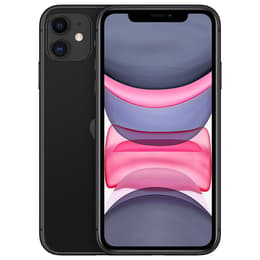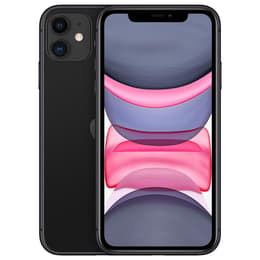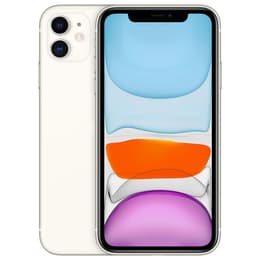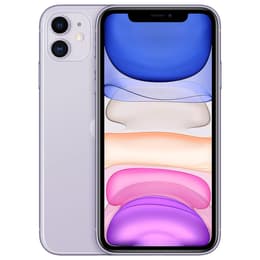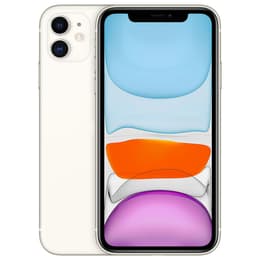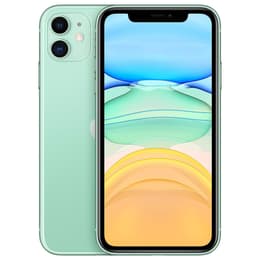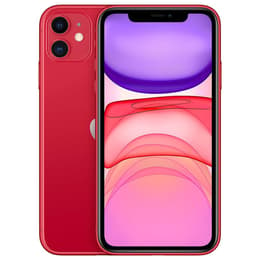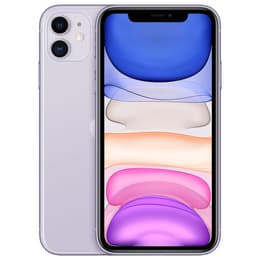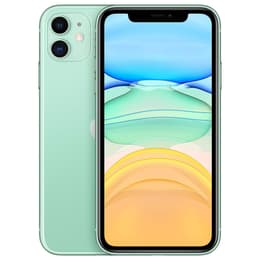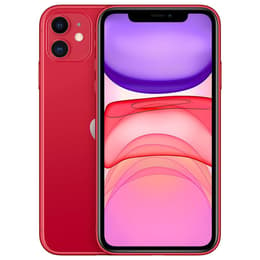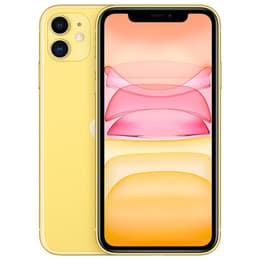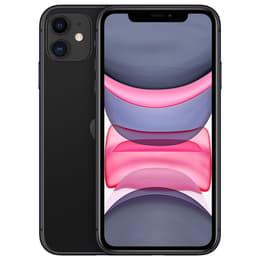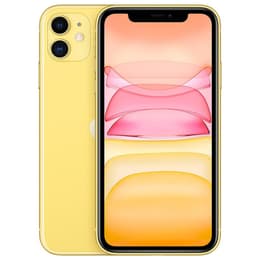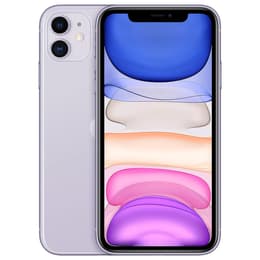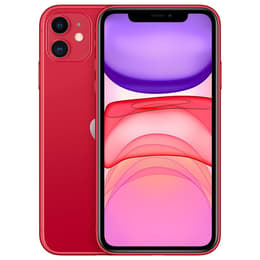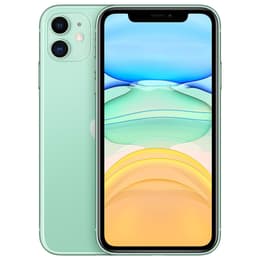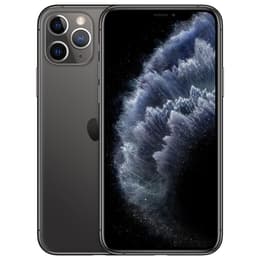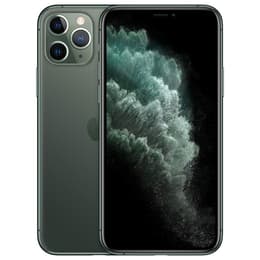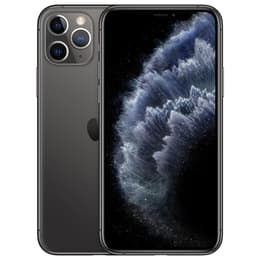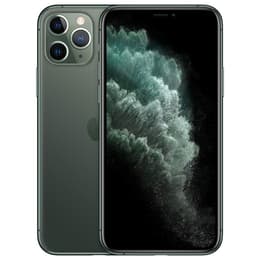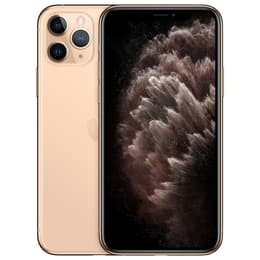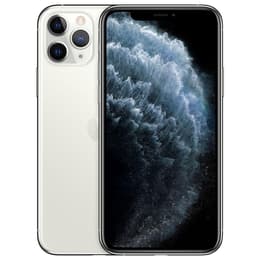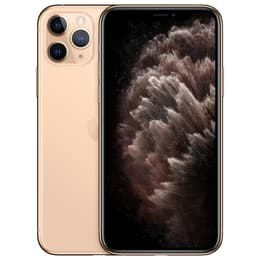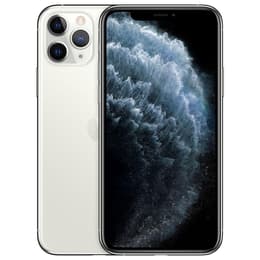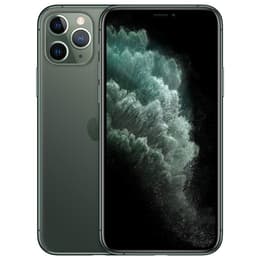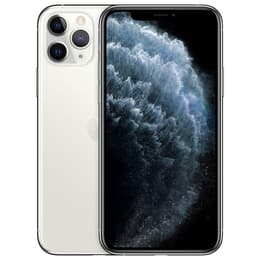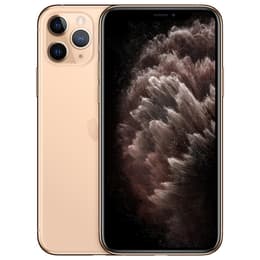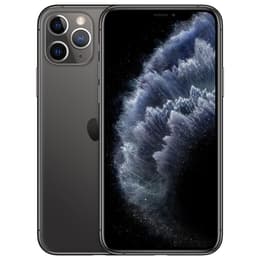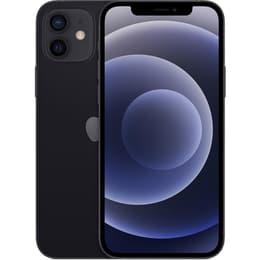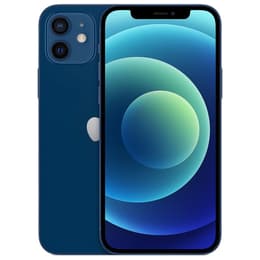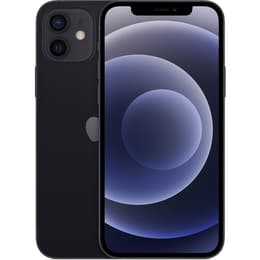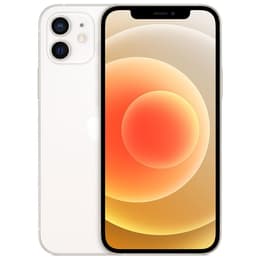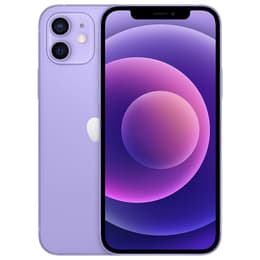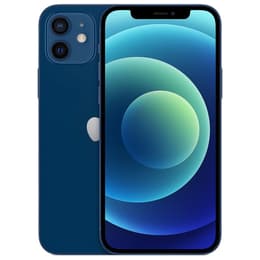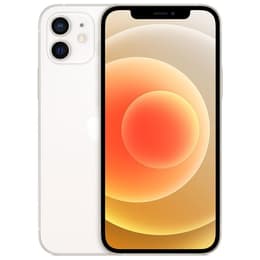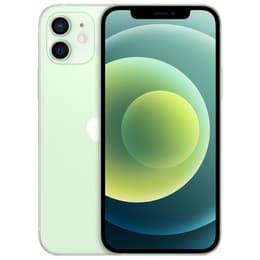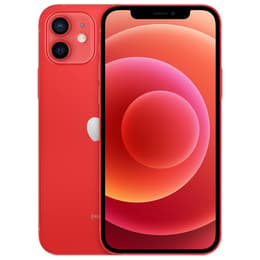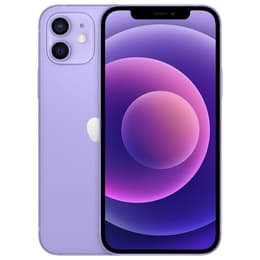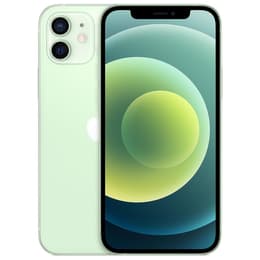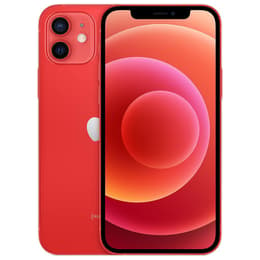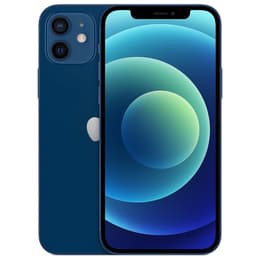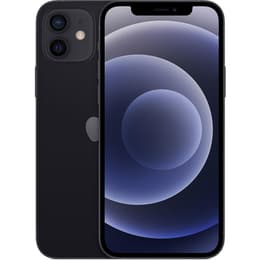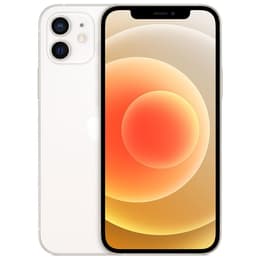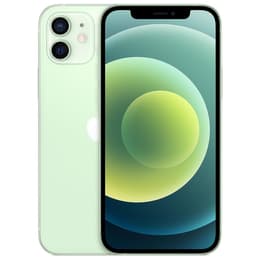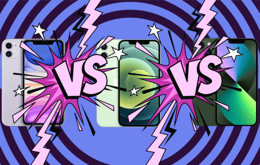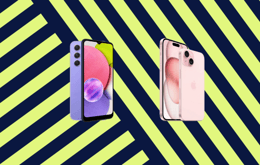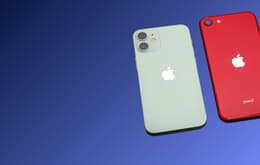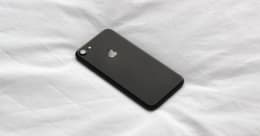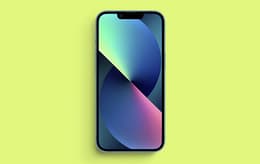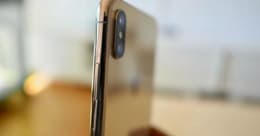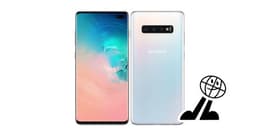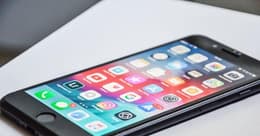
Apple's iPhone 11, 11 Pro, and 11 Pro Max do not support 5G, unlike the iPhone 12, 12 Pro, 12 Pro Max, and 12 mini, which came out a year later. This was one of the main criticisms made when the iPhone 11 range was launched, especially in a context where this new network is gaining importance and where the competition is adapting. Why is the iPhone 11 series not compatible with 5G? What models are compatible with 5G instead? We tell you everything below.
Does the iPhone 11 support 5G? Not even close.
Let’s cut to the chase: the iPhone 11, iPhone 11 Pro, and iPhone 11 Pro Maxdon’t support 5G. Apple skipped that boat in 2019, leaving these models cruising along on 4G LTE.
That was a bold move, considering 5G was already hitting the scene in countries like South Korea, the US, Switzerland, and China. Naturally, it raised a few eyebrows, especially in places like China, where brands like Huawei and Oppo were racing ahead with 5G-ready phones.
But, not having 5G isn’t necessarily a dealbreaker. For a lot of people, 4G still does the job just fine. Plus, if you care about power usage or the environment, skipping early 5G models (which were a bit power-hungry) isn’t the worst idea.
👇 Bottom line: No 5G on iPhone 11 models.
Why doesn’t the iPhone 11 have 5G?
There are two big reasons:
Apple takes its time: The company has never been first out of the gate when it comes to new network tech. The original iPhone didn’t support 3G. The iPhone 5 was late to 4G LTE. So it’s kind of their thing.
Modem trouble: Back in 2019, Apple was still relying on Intel for modems. And Intel’s 5G modem simply wasn’t ready. Apple later bought Intel’s modem division, but until the iPhone 12, it was Qualcomm who came through with a proper 5G chip.
What about the iPhone 11 Pro and 11 Pro Max?
Same answer. The entire iPhone 11 line up is limited to 4G LTE. If you’re trying to "future-proof" your phone with 5G, these aren’t the models for you.
Not all 5G is created equal
What is 5G Standalone (SA)?
5G Standalone is the next-gen version of 5G. It offers faster, more reliable speeds and is built from the ground up to support future tech like smart cities and autonomous vehicles. It ditches the old 4G backbone, unlocking ultra-low latency (great for gaming and streaming) and improved energy efficiency.
Which iPhones support 5G Standalone?
Apple started supporting 5G SA networks with iOS updates in recent years, but not every 5G iPhone is SA-ready out of the box.
As of 2025, here’s a quick overview:
iPhone 12 series: 5G support, but mostly non-standalone (NSA) unless updated/carrier supported.
iPhone 13 & 14 series: Partial support for SA, depending on carrier and iOS version.
iPhone 15 & 16 series: Full SA support in most regions.
Tip: To benefit from SA, you also need a compatible carrier plan. So check with your provider before assuming your phone can use it.
Which iPhones support 5G?
As of 2025, all models from iPhone 12 onward are 5G-compatible. That includes:
iPhone 16/iPhone 16 Plus/iPhone 16 Pro/iPhone 16 Pro Max
We will update this list as new models hit the market. Also to note, not all pre-iPhone 11 models, like the iPhone XR, support 5G either.
If you are interested, you can find our comparison between iPhone XR and iPhone 11 here. For more options on iPhones, check out all refurbished iPhones available at Back Market.
LTE categories: why newer iPhones are faster on 4G
Even if you're sticking with 4G, newer iPhones can feel zippier than older ones because of LTE category improvements.
Here’s how it works:
iPhone 11 supports LTE Cat 16 (up to 1Gbps).
iPhone 13 onwards can reach LTE Cat 18 or higher (up to 1.2Gbps+), depending on the region.
These upgrades mean faster downloads and smoother streaming, even on 4G. So if 5G isn’t a must-have for you, a newer LTE-capable iPhone still gives you better performance.
What about Android phones with 5G?
If you’re team Android, you’ve got loads of 5G options. From flagship beasts like the Samsung Galaxy S24 Ultra to mid-range champs like the Google Pixel 6a or OnePlus Nord, you have plenty of options.
Most Android phones from 2020 onward include some form of 5G support, and newer ones are likely full SA compatible.
Thinking about an upgrade?
Whether you're trading in your old phone or just window shopping, you’ll find a wide selection of refurbished iPhones (including 5G-ready ones) on Back Market. Each phone is backed by a 1-year warranty and a 30-day money-back guarantee.
♻️ Reborn tech. Better prices. Less waste. That’s the Back Market way.

